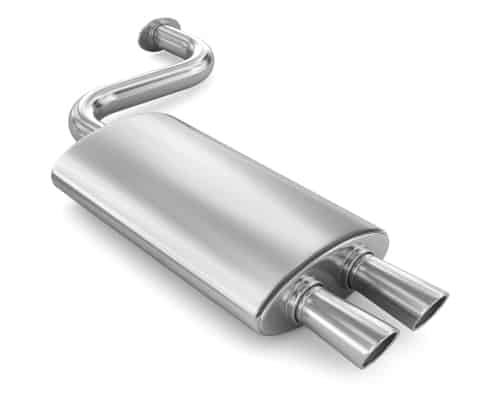
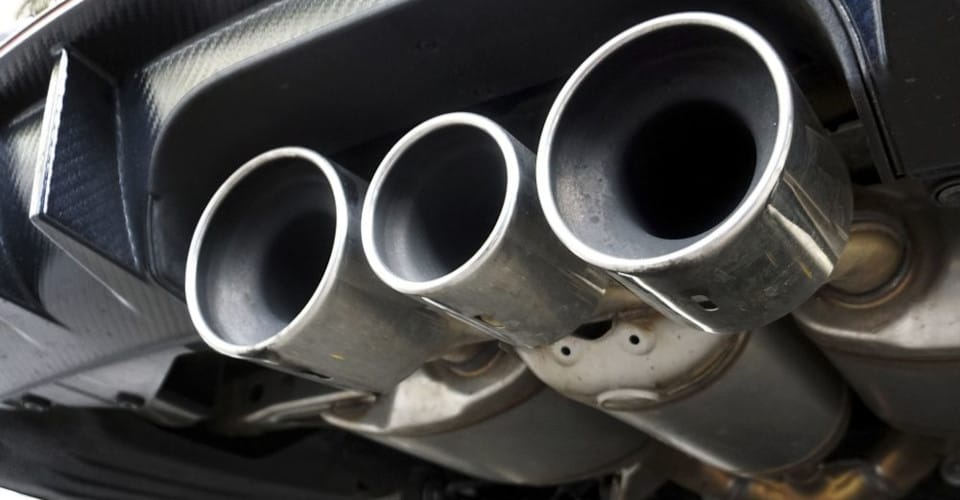
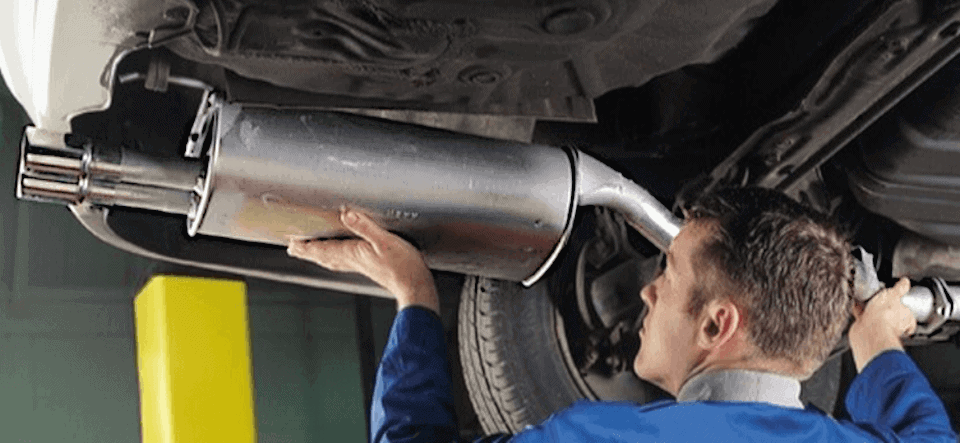
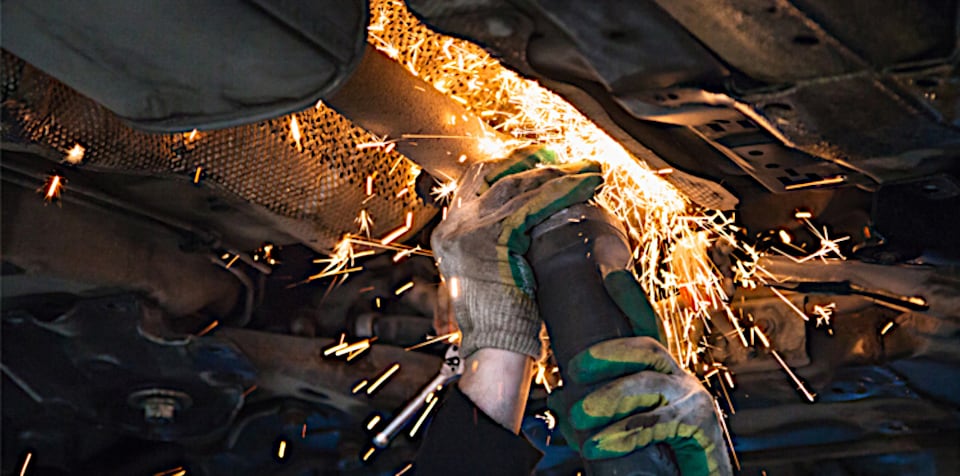
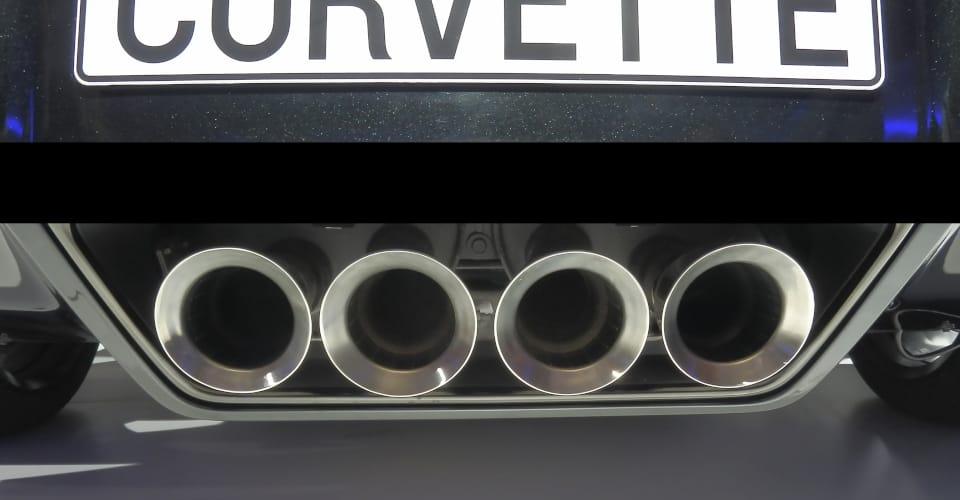
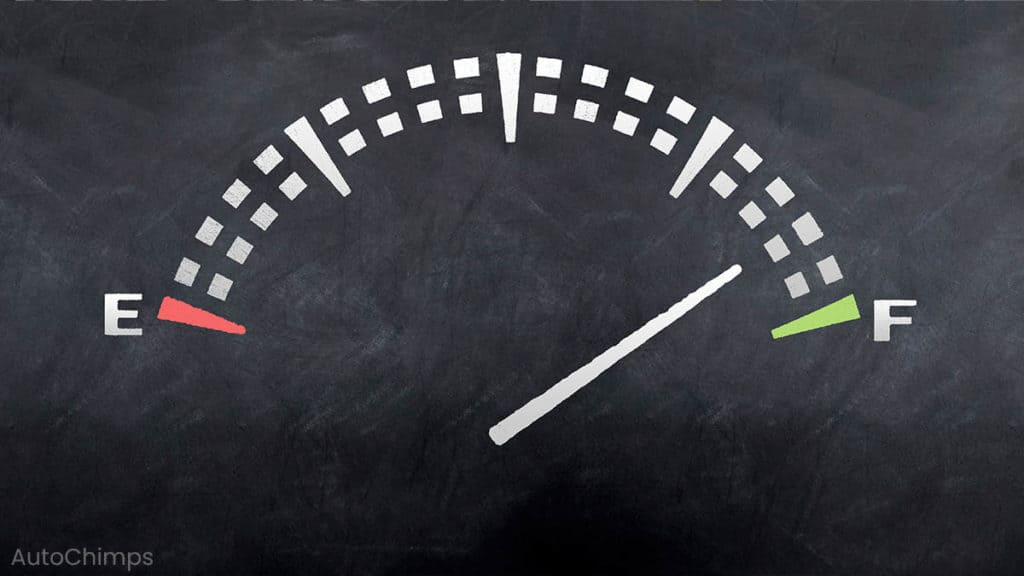




Understanding the Muffler: What It Does and Signs of Trouble
Wondering what that exhaust muffler on a car is all about? Here’s the scoop: its main gig is to “muffle” the noise blasting out of your tailpipe. But there’s more to it than just keeping things quiet.
What Is a Muffler and How Does It Work?

A muffler is the last stop for exhaust gases before they escape through the tailpipe. Without it, cars would sound like roaring beasts instead of the gentle hum most folks are used to.
There are a few types of mufflers out there: chambered, turbo, and straight-through. Each has its own way of doing things.
- Chambered Muffler: This one redirects sound waves back onto themselves, canceling out noise—kind of like noise-canceling headphones.
- Turbo Muffler: Similar to the chambered version but more efficient. It uses perforated pipes and sound-dampening materials to keep things quiet.
- Straight-Through Muffler: As the name suggests, exhaust gases flow straight through. This type reduces back pressure, boosting performance, but doesn’t quiet things down as much.
While straight-through mufflers can crank up horsepower and fuel efficiency, they also let out more noise. Plus, they usually lack a catalytic converter, which is a must-have for newer cars to keep emissions in check.
Signs of a Bad Muffler
Excessive Exhaust Noise

If the muffler’s not doing its job, expect a lot more noise coming from the exhaust. Mufflers are low to the ground, so they can get damaged easily. A crack or corrosion can lead to a loud growl that’s hard to miss.
But don’t jump to conclusions; it could also be a leaky manifold gasket. Either way, a noisy muffler can attract unwanted attention from law enforcement, leading to fines.
A Drop in Fuel Economy

Spending more time at the gas pump? That could be a sign of muffler trouble. If it’s not working right, the engine has to work harder, burning more fuel in the process.
Mufflers are a key part of modern vehicles, meaning if they’re off, the whole system can get thrown out of whack.
Banging, Rattling, or Knocking Sounds

Any sound that’s not a soft rumble? That’s a red flag. If there’s knocking or thumping, it might mean a mount is loose. A booming sound could indicate a failing catalytic converter, which helps reduce harmful emissions.
Strong Odors

Exhaust gases are toxic, so if there’s a strong chemical smell, it’s time to investigate. A crack in the muffler or damage to the exhaust system could be the culprit.
Slow Acceleration

If acceleration feels sluggish, there might be a leak in the exhaust system, possibly in the muffler. This can mess with the O2 sensor, causing the engine to lose power.
Engine Misfiring

Similar to slow acceleration, engine misfiring can indicate muffler issues. It often happens when the air/fuel mix is off. While it might not always be a leak, it’s worth checking out.
Muffler Repair/Replacement Costs
The good news is that muffler issues can often be repaired. If it’s not completely blown out, a fix is usually on the table.
Muffler Replacement Costs

Replacing a muffler typically runs between $150 and $300. The exact cost depends on the car’s make and model, the type of muffler, and whether any other parts need replacing.
High-end or performance vehicles might have pricier mufflers. Opting for an aftermarket part can save some cash, but sticking with OEM parts is usually recommended for the best fit and function.
Muffler Repair Costs

If there’s a hole in the muffler from rust or damage, it can often be patched up with specialty paste or tape. Depending on the damage, some repairs can be done at home.
If it’s a bigger issue needing professional help, costs shouldn’t exceed $200, but diagnostic fees might be extra. A quick visual inspection can help spot any obvious damage.

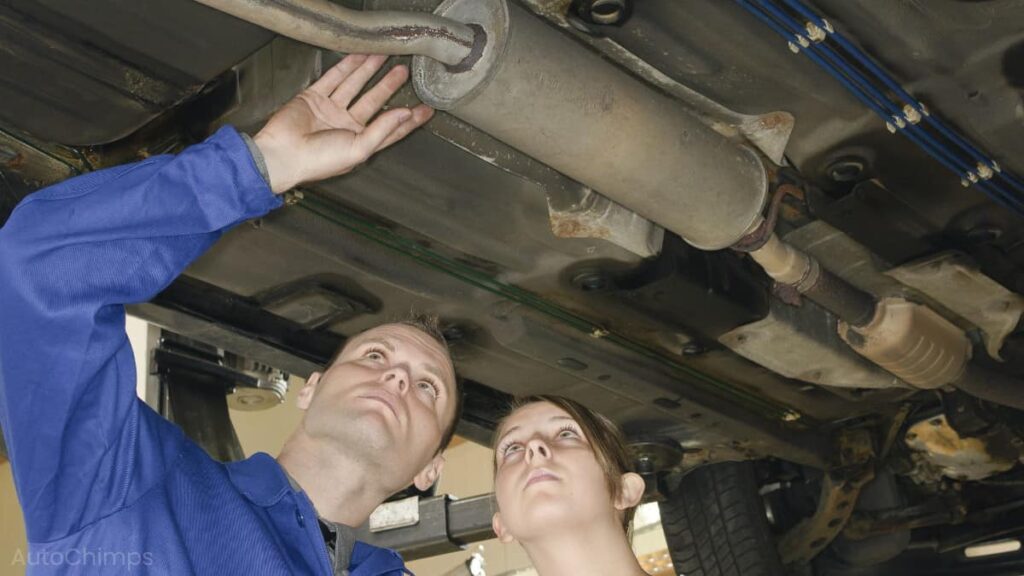
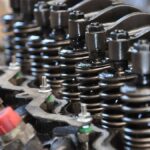
![Service Brake Assist Light Illuminated? [Easy Solution]](https://autocheep.com/wp-content/uploads/2025/07/Service-Brake-Assist-Light-Comes-On-150x150.jpg)